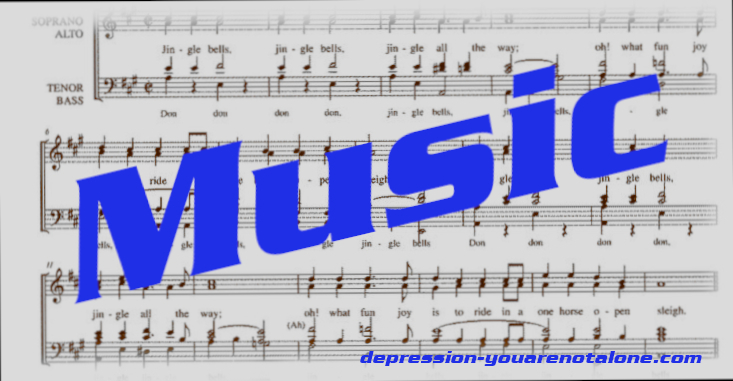Music and Mental Health
By D.Y.A.N.A Editorial Team

Music has been a significant part of human civilization for thousands of years, and it has played a crucial role in enhancing mental health and well-being. Across different cultures and time periods, people have used music as a way to soothe their emotions, elevate their moods, and connect with others. This essay will explore how music has been uplifting to mental health throughout the ages, highlighting its therapeutic benefits, its ability to facilitate social bonding, and its use in mental health treatment.
One of the most profound ways in which music has been uplifting to mental health is its therapeutic benefits. Music therapy is a specialized form of therapy that uses music to improve physical, emotional, and cognitive functioning. It has been shown to be effective in treating a range of mental health conditions, including anxiety, depression, and post-traumatic stress disorder. Music therapy can involve listening to music, playing an instrument, or singing, and it can be tailored to the needs and preferences of the individual. In addition, music has been shown to reduce stress, improve sleep, and increase relaxation, all of which can have positive effects on mental health.
Music has also been uplifting to mental health by facilitating social bonding. Throughout history, music has been a way for people to come together and connect with one another. From tribal drum circles to modern-day concerts, music has a unique ability to unite people and create a sense of community. This sense of belonging can be particularly important for individuals with mental health conditions, who may feel isolated or disconnected from others. By participating in musical activities, individuals can build social connections and experience a sense of shared purpose and meaning.
Finally, music has been used in mental health treatment as a complementary therapy. In addition to traditional forms of treatment such as medication and psychotherapy, music can be used as a way to enhance the therapeutic process. For example, music can be used to facilitate emotional expression, provide a nonverbal way of communicating, and enhance relaxation and mindfulness techniques. Music can also be used in group therapy settings to promote social bonding and create a supportive environment for individuals to share their experiences.
In conclusion, music has been uplifting to mental health throughout the ages, providing therapeutic benefits, facilitating social bonding, and serving as a complementary therapy in mental health treatment. As our understanding of the relationship between music and mental health continues to grow, it is likely that music will continue to play an important role in promoting mental health and well-being. Whether through listening to a favorite song, playing an instrument, or participating in a musical activity with others, music has the power to uplift our spirits and improve our mental health.

